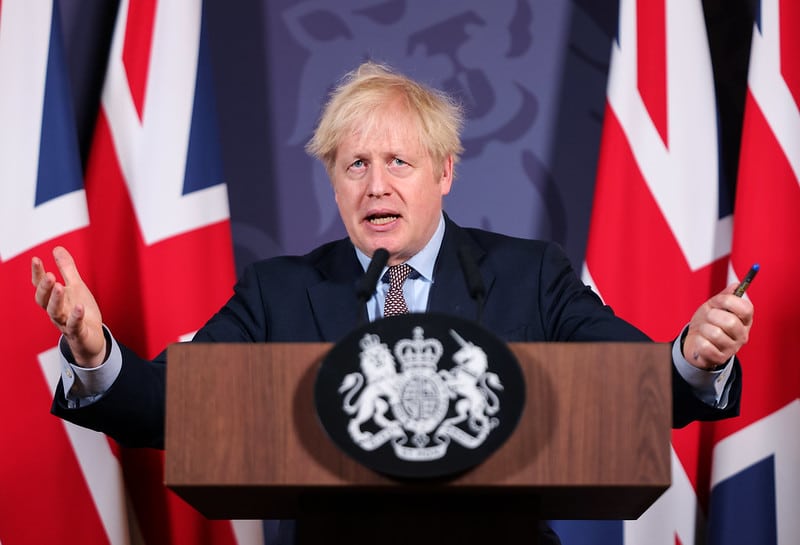The UK is considering implementing a carbon border tax to protect its domestic industries from becoming uncompetitive due to higher costs from climate change policies.
—
What is Happening?
- According to Bloomberg, a carbon border tax is “being looked at” in the UK because efforts to reduce emissions risk driving heavy industry, like steel and aluminium production, offshore. Martin Callanan, UK minister for climate change, said, “There is a big danger that we make ourselves uncompetitive.”
- The theory behind a carbon border tax is that it could be applied to imported goods produced in countries with weaker climate laws. The hope is to protect industries in countries that have higher carbon prices, while encouraging other nations to implement similar policies. The president of the European Commission, Ursula von der Leyen, went as far as calling the European Green Deal a key element of the region’s post-COVID-19 economic recovery.
- In Britain, it could help ease tensions created by increasing the cost of pollution when other countries are doing less to tackle climate change.
- The UK has pledged to cut emissions by 78% by 2035, and achieve carbon neutrality by 2050. Its carbon market started trading on May 20 and prices for permits are already more expensive than the equivalent in Europe, which is likely due to more ambitious climate policy in the UK.
- Meanwhile, the EU is planning to introduce a carbon price on imports of certain emissions-intensive goods from 2023 to protect European companies from non-European competitors where climate change regulations are less strict. It is also under consideration in the US.
You might also like: What is a Carbon Border Tax and How Fair is it?
- Not all nations are pleased with such a proposal however. Regarding the EU’s proposal, China said, “We need to prevent unilateralism and protectionism from hurting global growth expectations and the will of countries to combat climate change together.” In other words, China claims that the new tax will discourage the global will to tackle climate change together, as the tax would unfairly obstruct the growth of certain countries’ economies, with one of the most notable effects being on China’s economy.
Featured image by: Flickr

















